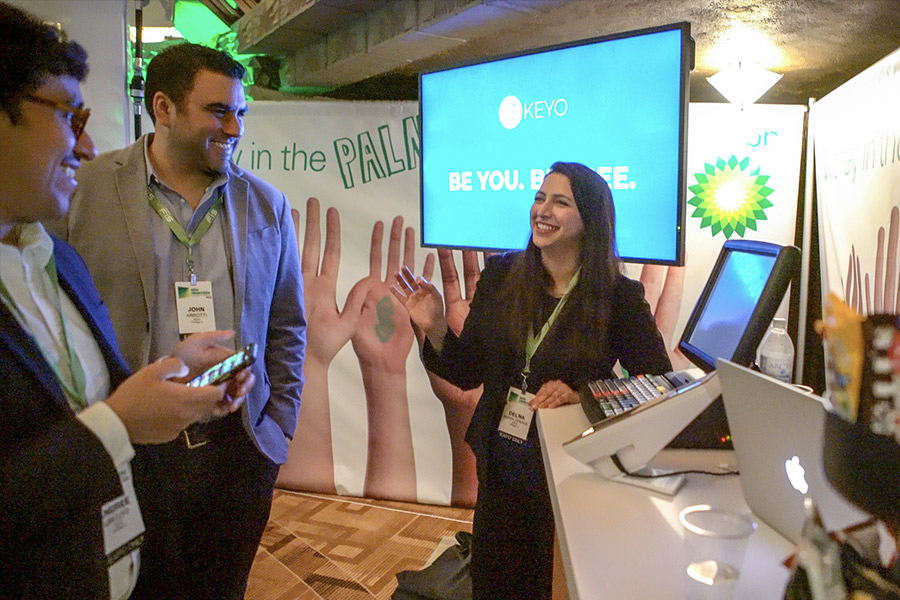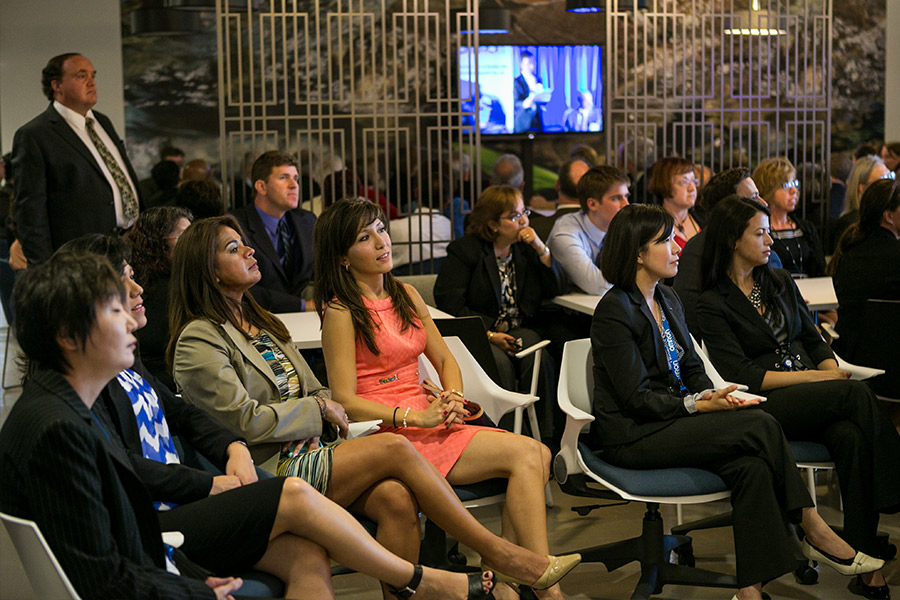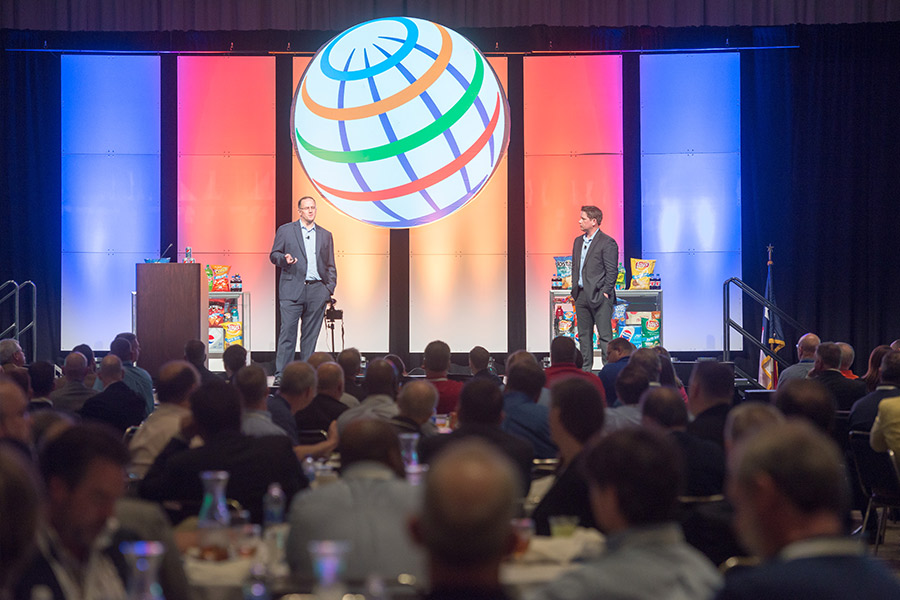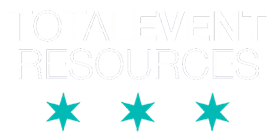Measuring the effectiveness of meetings and events
Big data and tight budgets are the new normal for event planners and event marketers. After a successful conference, your client wants to know how many new leads were added to the sales pipeline during the event to justify the cost. Is that what you should measure? Maybe the goal of your event was to increase awareness, so the Return on Investment (ROI) can be adjusted to estimate the net value of your efforts. With some strategic planning, a shift in mindset, and creative collaboration, measuring event ROI will be more natural and be one of the most exciting aspects of experiential marketing.
Calculating Event ROI
The conventional approach is to examine the primary key performance indicators (KPI’s), event results, and subtract the total cost of your event from the total sales revenue and multiply by 100. However, gauging event success also requires a more a detailed examination of the following:
Return on objectives: To what degree were the primary event goals achieved.
Return on engagement: The brand strength earned by the audience’s interaction with the brand.
Return on information: Measuring attendee message retention, and analyzing attendee behavior.


Start At The Beginning
Measurement has to be the first question asked and serve as the foundation for every logistical decision made after that. Want to have a VR activation at an event? If you can answer why it serves your goals, go for it!
Think an RFID beacon is too expensive? That beacon may be the best tool for advancing your objectives, making it worthwhile to adjust spending in other areas.
Set solid KPIs and goals in the first stages of a planning process to gain a dynamic framework for building hugely successful events.
Key Performance Indicators To Consider
- Event check-in
- Attendee satisfaction surveys
- Net Promoter Score (NPS)
- Number of active community members
- Number of messages sent within the community
- Live polling response rate
- Social media mentions
- Social media engagement
- Total registrations
- Registration by ticket type
- Number of qualified sales leads
- Gross revenue
- Cost to revenue ratio
- Revenue by promo code
- Sponsorship page engagement
- Sponsorship satisfaction
- Number of returning attendees
“By actively collecting and analyzing the data from your audience base, and understanding how much value your event brought to attendees, you’ll be able to quantify the event’s success and formulate sound strategies for future events” – John McHugh
THE ADVANTAGES OF MEASURING EXPERIENCES
Smart measurement practices, such as data collection, deliver insight into how audiences are interacting with brands. It enables more intelligent decision making for the next event.
Measuring an event reveals how it can affect the customer throughout a sales cycle. And most importantly, it can explain the (potentially enormous) cost of not having the event at all.


WHY ARE THERE STILL QUESTIONS?
Events, especially B2B events, beget a longer sales cycle. Brand experiences, though pivotal, are just one touchpoint in a potentially multi-year cycle.
It can be months before an event’s effect on its audience concretely emerges. Units of measurement that are relevant to one event type will not be pertinent to the next.
At this point your team is questioning whether hosting an event is a value-add, considering the results may not be immediate. Your pitch to decision-makers is that with proper planning and execution the quality of the results, over time will be worth it.
While it may be a bit more complicated to measure B2B events, it doesn’t have to be more difficult.

John McHugh – CEO
With concrete goals and KPIs in place, relevant metrics logically follow. The corollary relationship between the attendance and resulting social following, engagement or sale at B2C events is quick and readily apparent.
But just like any long-term relationship, B2B event measurement is more complicated and requires more patience, but has the potential to be profoundly rewarding.
Let’s work together and develop a plan to collect the proper data and execute an event that satisfies your most important KPI’s.
Three Tips For Planning A Successful Corporate Event
Maximizing Event ROI For Corporate Holiday Event
More Corporate Event Planning TIps
Let’s plan an event worth repeating!
Contact Us To Learn More
Error: Contact form not found.



